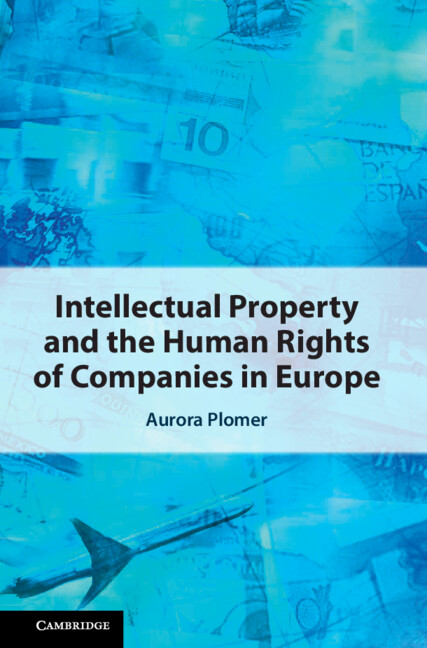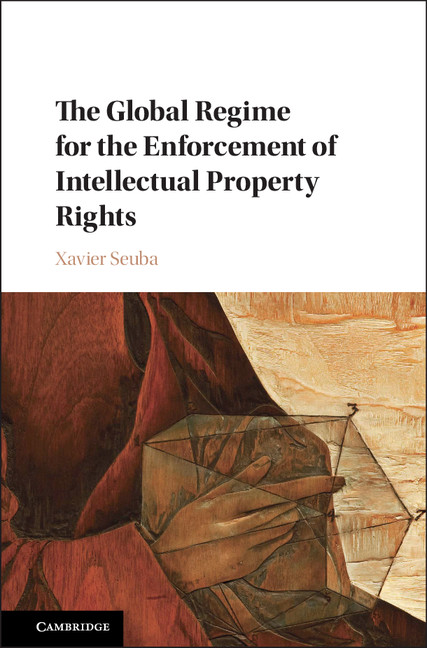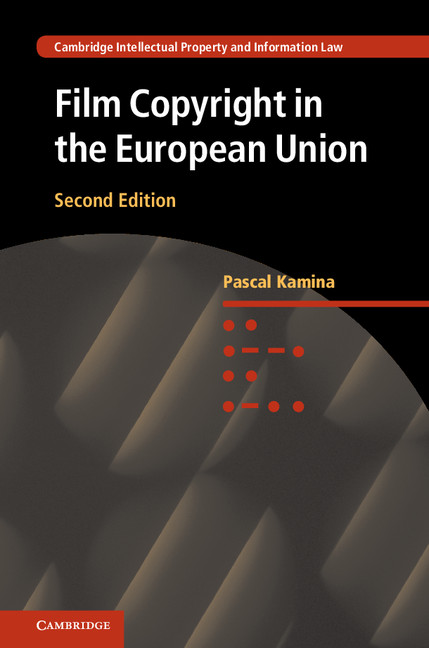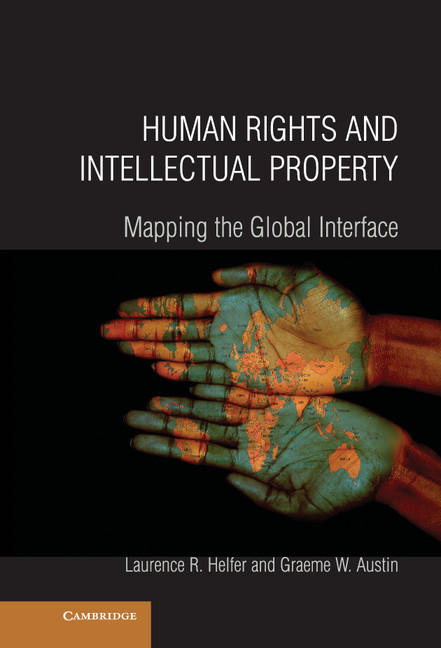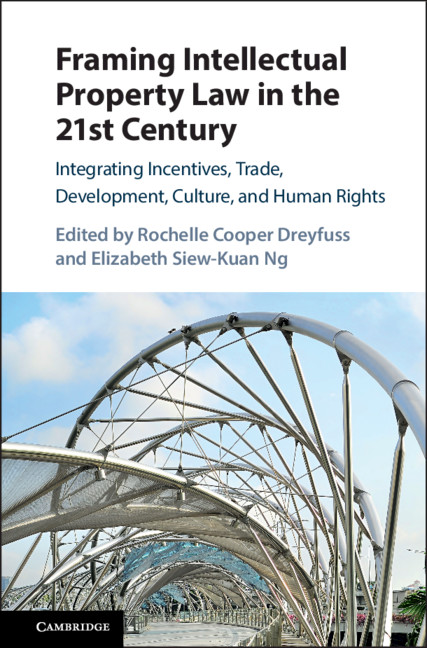Intellectual Property and the Human Rights of Companies in Europe
The aim of this book is to investigate the history and rationale for the paradoxical extension of human rights to companies in the European Convention on Human Rights (ECHR) and to analyse the Court's jurisprudence on protection of companies' intellectual property in this light. The study shows how, before the adoption of the ECHR, the concepts of legal personality and possessions functioned as legal fictions in European civil and common law to facilitate ownership and sale of tangible and intangible property, shares, debts, securities and intellectual property. The Court's construction of the ambiguous text of Article 1 of the First Protocol and its application to corporate intellectual property rights is reviewed in this light and shown to have been initially anchored in the legal fictions of national laws and later expanded and reinforced by European Union law.
- A comprehensive account of the origins and rationale for the grant of human rights to companies in the ECHR and the Court's jurisprudence on IPR's
- Sheds a new light on the historical roots of the ambiguity and malleability of the text of Article 1 of the First Protocol (A1P1)
- Explains how the legal fictions behind the ambiguous text of A1P1 provided a legal anchor for judicial protection of companies IPR's in the ECHR
Product details
September 2025Hardback
9781108841771
280 pages
228 × 152 mm
Not yet published - available from September 2025
Table of Contents
- Introduction
- 1. The foundations of human rights and property rights
- 2. First protocol: drafting history
- 3. Legal persons and legal fictions
- 4. Intellectual property as fictitious possessions
- 5. Companies as victims of violations of A1P1
- 6. Intellectual property rights in the balance
- Conclusion
- Bibliography.

